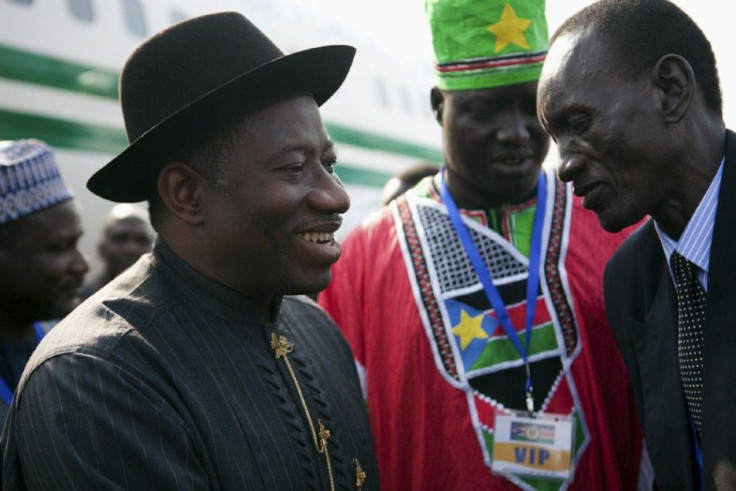Nigerian president sacks head of anti-graft agency

Nigerian President Goodluck Jonathan has sacked the head of the Economic and Financial Crimes Commission (EFCC), a spokesman said on Wednesday, giving no reason.
The president approved the appointment of Mr. Ibrahim Lamorde as the Acting Chairman/Chief Executive of the ... EFCC, a statement from presidential spokesman Reuben Abati said.
The appointment takes immediate effect, and effectively relieves Mrs. Farida Waziri of her position as EFCC Chairman.
Lamorde was director of operations of the EFCC before this.
The EFCC, law enforcement agency with powers of arrest that investigates crimes such as fraud, money laundering and corruption, was set up by in 2003, partly in response to international pressure to tackle endemic graft.
But human rights groups and diplomats have criticised it for failing to bring any senior politicians to justice, despite a string of high profile arrests.
Jonathan has been criticised along with his predecessors for doing too little to tackle endemic corruption in Africa's most populous nation. Graft is the number one gripe of most Nigerians and foreign investors say it is their main reason for steering clear of Africa's second biggest economy.
Corruption not only saps the confidence in people in government, it also discourages both national and foreign investment and I think it's a problem Nigeria needs to tackle more aggressively, U.S. ambassador to Nigeria Terence McCulley told Reuters last week.
Jonathan has made ambitious plans for reforms, which include a sovereign wealth fund, fuel subsidy removal and privatisation of power, but implementation has been slow.
© Copyright Thomson Reuters {{Year}}. All rights reserved.





















